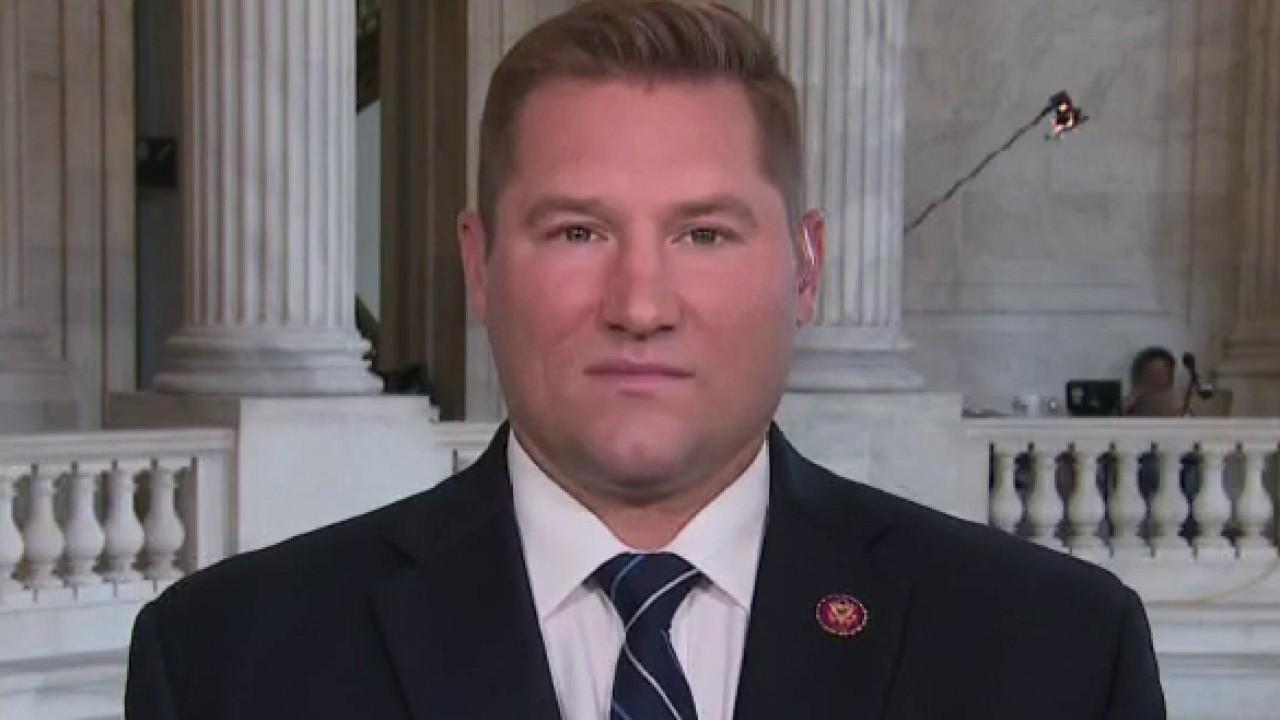How a Biden presidency could change your tax bill
Biden's multitrillion-dollar agenda would be funded in large part by higher taxes on wealthy households
Democratic presidential candidate Joe Biden's projected victory in the November election could significantly change tax bills for a slew of Americans.
Fox News projected on Saturday that, four days after the election, Biden had defeated incumbent President Trump following victories in the key battleground states of Nevada and Pennsylvania.
"America, I’m honored that you have chosen me to lead our great country," Biden tweeted. "The work ahead of us will be hard, but I promise you this: I will be a President for all Americans — whether you voted for me or not. I will keep the faith that you have placed in me."
The former vice president has unveiled a multitrillion-dollar agenda that would be funded in large part by higher taxes on wealthy U.S. households – which he describes as anyone earning more than $400,000 annually – and corporations. That includes higher income tax rates, an expansion of the payroll tax for Social Security, new tax credits and fewer deductions.
“I will raise taxes for anybody making over $400,000,” Biden said during a recent interview with ABC's David Muir. “Let me tell you why I'm going to do it. It’s about time they start paying a fair share of the economic responsibility we have. The very wealthy should pay a fair share – corporations should pay a fair share.”
Still, the Constitution gives Congress the power to set tax policy, so Biden's economic agenda may hinge on whether Democrats control both chambers on Congress. While they appear poised to maintain a slim majority in the House, control of the Senate hinges on Georgia, where the state's close election has pushed both races to a Jan. 5 runoff.
BIDEN PLEDGES TO ROLL BACK TRUMP'S TAX CUTS: 'A LOT OF YOU MAY NOT LIKE THAT'
Almost 80% of the tax increases backed by Biden would land on the top 1% of earners in the U.S., according to a projection this week from the Penn Wharton Budget Model, a nonpartisan group at the University of Pennsylvania's Wharton School.
Biden would roll back President Trump's 2017 Tax Cuts and Jobs Act and raise the corporate tax rate to 28% from 21%, restore the top individual tax rate to 39.6% from 37%, tax capital gains as ordinary income, cap deductions for high earners, expand the Earned Income Tax Credit for workers over the age of 65 and impose the Social Security payroll tax on wages above $400,000.
Here's a closer look at some of Biden's specific plans for individual tax changes:
Hike taxes on individuals by repealing parts of the Tax Cuts and Jobs Act
The tax overhaul that Republicans passed nearly four years ago temporarily lowered the top income bracket to 37%. (Under current law, the lower 37% rate is already slated to return to 39.6% in 2026).
BIDEN PLEDGES TO HIKE TAXES ON AMERICANS EARNING MORE THAN $400K
Biden has pledged to revert that top rate to 39.6% for those earning more than $400,000 annually. That would result in an average tax increase of nearly $300,000 for households in the top 1% of the country, compared with a $260 per year increase for those in the middle, according to the Tax Policy Center.
Create a Social Security "donut hole"
Under existing law, employees and employers split a 12.4% payroll tax on wages below an annual maximum (in 2020, it's $137,700). The levy, which shows up on paystubs as a FICA tax, is used to fund Social Security.
TRUMP CLAIMS BIDEN WIN WILL CAUSE DEPRESSION, 'BIGGEST HEADWIND' TO ECONOMY
But Biden has pledged to subject wages above $400,000 to the 12.4% payroll tax, creating a so-called "donut hole" for earnings between $137,700 and $400,000, which would be exempt.
Raise taxes on capital gains and dividends for higher earners
For individuals and couples earning more than $1 million, capital gains and dividends would be taxed as ordinary income at a rate of 39.6%.
SOME RETIREES COULD SEE 5% SOCIAL SECURITY RAISE WITH BIDEN AS PRESIDENT
Long-term capital gains are currently taxed at a top rate of 20%.
Increase levies on inherited assets
Biden's plan scraps the so-called step-up in cost basis on inherited assets.
Under current law, when heirs inherit an asset that has appreciated in value, they get a "step-up" in basis, meaning they receive the holding at its current market value. Beneficiaries can sell those assets and pay capital gains based only on the time they receive the asset and the time they sold it, allowing them to minimize the tax bite.
But Biden has suggested applying capital gains taxes based on the original value of an asset.




















